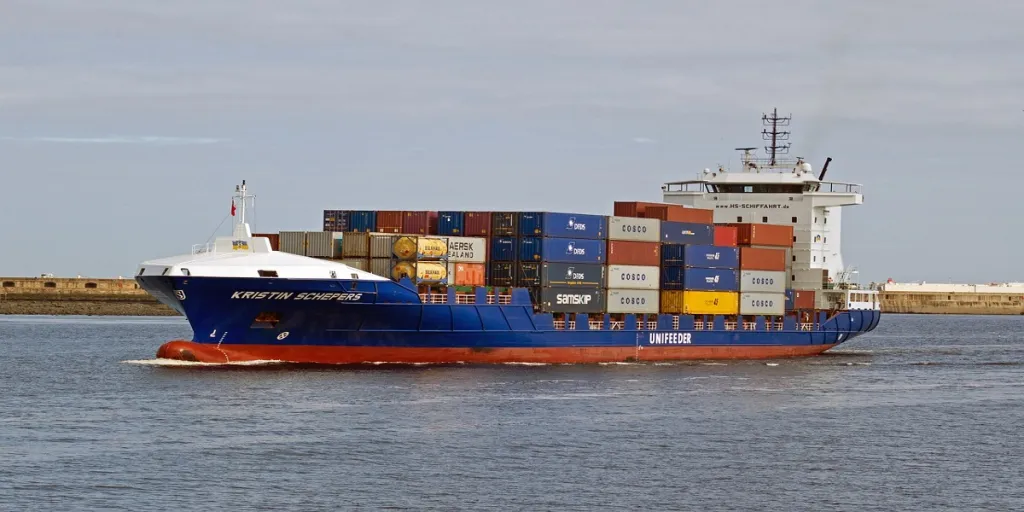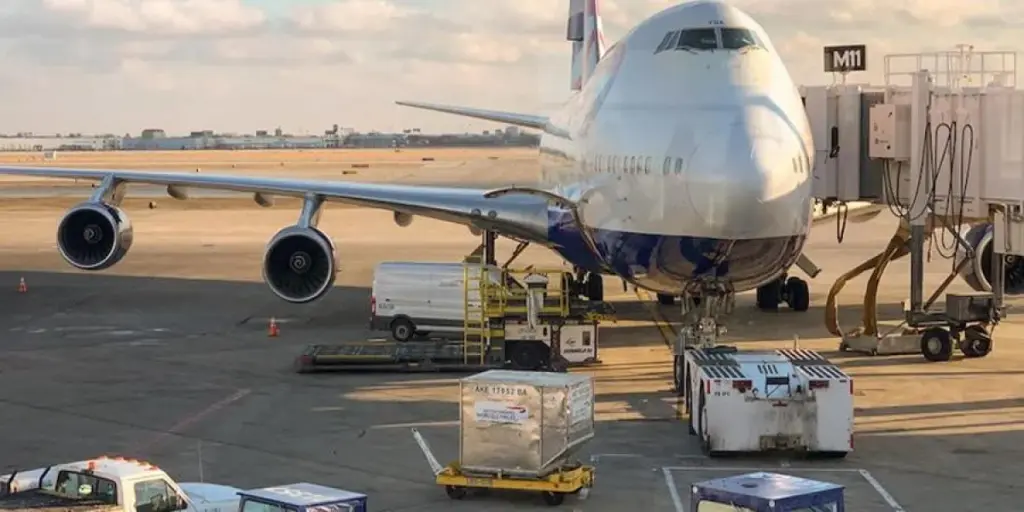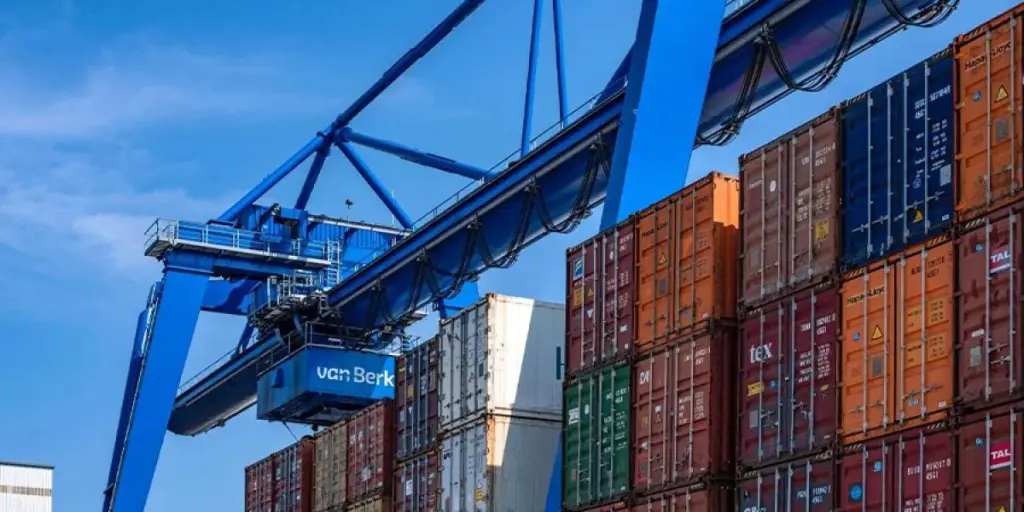Green logistics has emerged as a crucial concept in the modern supply chain landscape, addressing the pressing need for environmentally responsible business practices. As companies worldwide grapple with the challenges of climate change and increasing consumer demand for sustainable products, the logistics sector is undergoing a significant transformation. This shift towards eco-friendly operations not only benefits the environment but also offers numerous advantages for businesses and stakeholders alike.
Understanding Green Logistics
Green logistics encompasses a wide range of strategies and practices aimed at reducing the environmental impact of logistics operations. These efforts focus on minimizing greenhouse gas emissions, optimizing energy consumption, and promoting sustainable resource use throughout the supply chain. From procurement and transportation to warehousing and reverse logistics, every aspect of the logistics process is scrutinized for potential improvements in sustainability.
The Importance of Emissions Reduction
One of the primary goals of green logistics is to reduce emissions, particularly carbon dioxide and other greenhouse gasses. The transportation sector is a significant contributor to global emissions, making it a key target for environmental initiatives. Logistics companies are increasingly adopting alternative fuels, such as biodiesel and electricity, to power their delivery vehicles and reduce their reliance on fossil fuels.
Optimizing the Supply Chain
Optimization is a cornerstone of green logistics strategies. By streamlining logistics processes and improving efficiency, companies can significantly reduce their carbon footprint while also cutting costs. This often involves implementing advanced management systems that enable real-time tracking and analysis of supply chain operations.
Key areas for optimization include:
Route planning: Utilizing sophisticated algorithms to determine the most efficient delivery routes, reducing fuel consumption and emissions.
Load optimization: Maximizing the use of available cargo space to reduce the number of trips required.
Warehouse layout: Designing distribution centers for optimal energy efficiency and minimal waste.
Inventory management: Implementing just-in-time systems to reduce overproduction and excess inventory.
Sustainable Logistics Practices
Adopting sustainable logistics practices is essential for companies looking to minimize their environmental impact. These practices often involve rethinking traditional business models and embracing innovative solutions. Some key sustainable logistics strategies include:
- Reverse logistics: Implementing efficient systems for product returns, refurbishment, and recycling.
- Packaging optimization: Using eco-friendly materials and minimizing packaging waste.
- Modal shift: Transitioning to more environmentally friendly transportation modes, such as rail or water freight.
- Collaborative logistics: Partnering with other companies to share resources and reduce empty vehicle miles.
Automation in Warehousing
Automated warehousing systems can significantly reduce energy consumption and improve efficiency. Robotic picking systems, automated guided vehicles, and smart lighting systems all contribute to creating more sustainable fulfillment centers.
Data Analytics and AI
Big data analytics and artificial intelligence are transforming logistics decision-making processes. These technologies enable companies to analyze vast amounts of data in real-time, leading to more accurate forecasting, better route optimization, and improved overall efficiency.
Electric and Autonomous Vehicles
The development of electric and autonomous vehicles promises to revolutionize last-mile delivery and long-haul transportation. These technologies have the potential to dramatically reduce emissions and improve fuel efficiency in the logistics sector.
Challenges in Implementing Green Logistics
While the benefits of green logistics are clear, implementing these strategies can present several challenges for businesses:
Initial costs: Transitioning to more sustainable practices often requires significant upfront investment in new technologies and infrastructure.
Complexity: Green logistics initiatives can be complex to implement, requiring coordination across multiple stakeholders and departments.
Measuring impact: Quantifying the environmental benefits of green logistics initiatives can be challenging, making it difficult to justify investments to stakeholders.
Balancing priorities: Companies must find ways to balance environmental goals with other business objectives, such as cost reduction and customer service.
Overcoming these challenges often requires a long-term perspective and a commitment to sustainability at all levels of the organization.
The Impact of Ecommerce on Green Logistics
The rapid growth of ecommerce has had a significant impact on logistics operations and their environmental footprint. While online shopping has the potential to reduce consumer travel, it has also led to an increase in packaging waste and last-mile delivery emissions.
To address these challenges, ecommerce companies are exploring innovative solutions such as:
- Sustainable packaging: Using recyclable or biodegradable materials for packaging.
- Consolidated deliveries: Grouping multiple orders into single shipments to reduce trips.
- Local fulfillment centers: Establishing smaller, local warehouses to reduce transportation distances.
- Alternative delivery methods: Implementing options like locker pick-up points or bicycle couriers for urban deliveries.
The Future of Green Logistics
As awareness of environmental issues continues to grow, the importance of green logistics is likely to increase. Future trends in the field may include:
Circular economy integration: Further emphasis on closed-loop supply chains and product life cycle management.
Renewable energy adoption: Increased use of solar, wind, and other renewable energy sources in logistics operations.
Blockchain for transparency: Utilization of blockchain technology to improve supply chain transparency and traceability.
3D printing: Localized production through 3D printing to reduce transportation needs.
Drone deliveries: Integration of drone technology for more efficient and environmentally friendly last-mile deliveries.
Stakeholder Engagement in Green Logistics
Successful implementation of green logistics strategies requires engagement from all stakeholders in the supply chain. This includes suppliers, logistics providers, customers, and even government bodies. Collaboration between these parties can lead to more comprehensive and effective sustainability initiatives.
Partnerships and industry alliances play a crucial role in advancing green logistics practices. By sharing knowledge, resources, and best practices, companies can accelerate the adoption of sustainable solutions across the sector.
Bottom Line
Green logistics represents a fundamental shift in how companies approach their supply chain operations. By focusing on sustainability and environmental responsibility, businesses can not only reduce their ecological footprint but also improve efficiency, cut costs, and meet growing consumer demand for eco-friendly products and services.
As technology continues to advance and awareness of environmental issues grows, green logistics will likely become an increasingly important factor in business success. Companies that embrace these principles and invest in sustainable logistics solutions will be well-positioned to thrive in an increasingly environmentally conscious marketplace.
The journey towards truly sustainable logistics is ongoing, and it requires commitment, innovation, and collaboration across the entire supply chain. However, the potential benefits – both for businesses and the planet – make this a challenge worth pursuing. As we move forward, green logistics will undoubtedly play a crucial role in shaping a more sustainable and resilient global economy.
Source from DCL Logistics
Disclaimer: The information set forth above is provided by dclcorp.com independently of Alibaba.com. Alibaba.com makes no representation and warranties as to the quality and reliability of the seller and products. Alibaba.com expressly disclaims any liability for breaches pertaining to the copyright of content.




